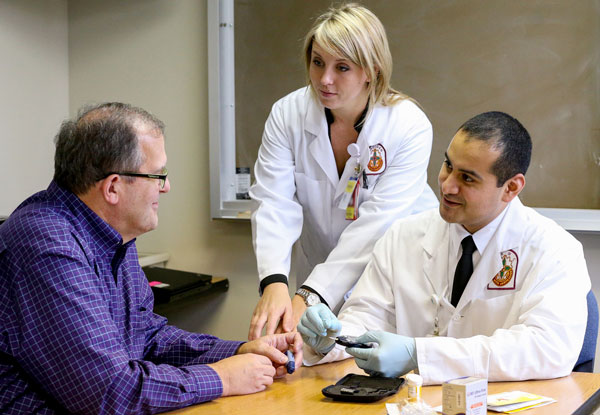What are the Rules for Transferring Assets to Qualify for Medicaid/MassHealth?
Medicaid known as MassHealth in Massachusetts is made available to low-income families and seniors to provide them with healthcare coverage and coverage for long-term nursing home care. However, not everyone qualifies for Medicaid. If you are getting close to the point where living in a nursing home could be a legitimate possibility, you must start planning early to ensure you will qualify for Medicaid and get the assistance you need.
Transferring assets to others or to trusts is one strategy commonly used to decrease a person’s net worth to make qualifying for Medicaid easier. However, there are a lot of federal and state rules you have to consider to make these asset transfers legally valid.
With this in mind, here are some of the rules you must consider.
The look-back period and MassHealth
Your eligibility for Medicaid or MassHealth depends on the value of the assets you own. If you have assets above certain thresholds, you will not qualify, which means giving away assets is the only way you can get below that threshold.
However, you can’t just give all your possessions away and then enter a nursing home. Under federal law, any property you transfer within five years of applying for Medicaid for the purposes of long-term care will be included in an analysis of your owned assets to determine your eligibility. This is what’s known as the “look-back period.”
Not all assets count toward the Medicaid threshold
Not all of the assets you own will be looked at for purposes of determining Medicaid or MassHealth eligibility. Examples of exempt assets include a home (unless there’s a significant amount of equity in it), one automobile, various household goods, life insurance policies and other income-producing assets. Your elder law attorney can provide you with a full list of assets that will be exempt in your circumstances. That said just because an asset is not countable does not mean it is protected.
Transfers can add to ineligibility period
Transferring assets during the look-back period may not preclude you from Medicaid eligibility, but it could add on to the length of time you have to wait before becoming eligible. Let’s say the average cost of a nursing home in your area is $6,000 per month. If you give away $18,000 in assets during the look back period, you’d add three more months to your ineligibility.
Transfers below market value will get federal attention
 The most problematic types of asset transfers are those made for less than market value. If, for example, you have an asset valued at $50,000 but either give it away or sell it for significantly less than that during the look-back period, the difference in the sale and the actual fair market value will count against your eligibility.
The most problematic types of asset transfers are those made for less than market value. If, for example, you have an asset valued at $50,000 but either give it away or sell it for significantly less than that during the look-back period, the difference in the sale and the actual fair market value will count against your eligibility.
A sale of a piece of property at fair market value during the look-back period, however, will not necessarily incur a transfer penalty, though the cash you gained during that sale would have to be considered as part of your eligibility analysis.
You are also able to transfer assets to a spouse without worrying about incurring any transfer penalties.
For more information about the rules for asset transfers when planning for Medicaid, contact us today at Baker Law Group, P.C.




